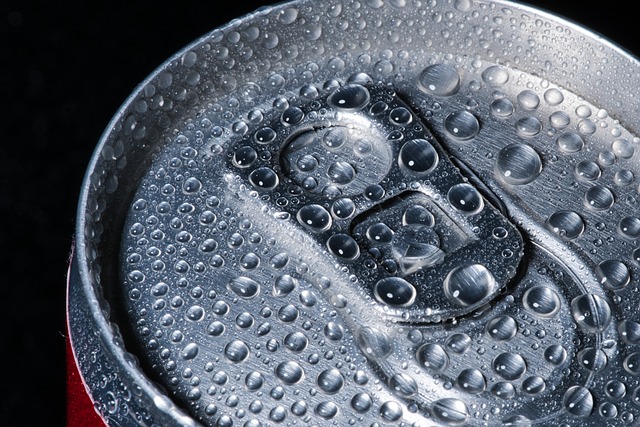Tankless water heaters, with their instant hot water delivery and energy efficiency, offer a longer lifespan (20+ years) compared to traditional tanks (10-15 years). Their durability stems from reduced strain on heating elements, less sediment buildup, and elimination of common tank issues like corrosion and leaks. Key factors impacting performance include element quality, proper installation, maintenance, water pressure, temperature settings, and usage frequency. Choosing a tankless heater results in longer lifespan, energy savings, consistent water temperature, and enhanced reliability.
Discover the surprising longevity of tankless water heaters—a game-changer in modern home plumbing. Unlike traditional tanks with an average lifespan of 10-15 years, their tankless counterparts can last up to 20 years or more. This article explores the factors contributing to this extended lifespan and highlights the numerous benefits of tankless water heaters, from efficient hot water provision to reduced energy costs and space savings.
- Understanding Tankless Water Heaters and Their Longevity
- Key Factors Affecting the Lifespan of Tankless Water Heaters
- Benefits of Choosing a Tankless Water Heater for Longer Lasting Hot Water
Understanding Tankless Water Heaters and Their Longevity

Tankless water heaters, also known as on-demand or instant water heaters, have revolutionized the way we heat water. Unlike traditional tank-based systems that store hot water for extended periods, these heaters provide hot water only when needed, directly from the water supply line. This technology offers numerous benefits of Tankless Water Heaters, including energy efficiency and cost savings.
One of the primary advantages is their longevity. Without the constant pressure to heat and reheat stored water, tankless heaters can last significantly longer than traditional tanks. On average, these heaters can operate reliably for 20 years or more with proper maintenance, outperforming their tanked counterparts which typically have a lifespan of around 10-15 years. This extended durability is a result of reduced strain on the heating elements and fewer opportunities for sediment buildup, ensuring consistent performance and minimizing the need for frequent replacements.
Key Factors Affecting the Lifespan of Tankless Water Heaters

The lifespan of a tankless water heater, also known for its benefits in energy efficiency and space-saving, is significantly influenced by several key factors. Firstly, the quality and durability of the heating element play a crucial role. Tankless heaters feature an electric or gas burner that constantly heats water as it flows through, unlike traditional tanks that maintain a constant temperature. Over time, these elements can degrade due to mineral buildup, corrosion, or frequent use, leading to reduced efficiency and potential failures.
Secondly, the installation process and subsequent maintenance are vital considerations. Improper installation can result in poor heating performance and increased energy consumption. Regular maintenance, including flushing and cleaning, is essential to remove sediment accumulation and ensure optimal operation. Additionally, factors like water pressure, temperature settings, and the frequency of hot water usage all contribute to the overall lifespan of a tankless water heater, making it a longer-lasting option for many households when compared to traditional storage tanks.
Benefits of Choosing a Tankless Water Heater for Longer Lasting Hot Water

Choosing a tankless water heater offers numerous benefits that contribute to its longevity and overall durability, ensuring hot water on demand for years to come. Unlike traditional storage tanks that can corrode, leak, or develop pressure buildup issues, tankless heaters eliminate these common problems. They don’t store large volumes of water, reducing the risk of sediment buildup and tank corrosion, which significantly extends their lifespan.
Additionally, tankless water heaters are energy-efficient, as they heat water only when needed. This efficiency translates to lower energy bills and reduced environmental impact. With advanced technology, these heaters can maintain a consistent water temperature, providing hot water without the temperature fluctuations often experienced in traditional tanks. Such features not only enhance user experience but also promote the long-term reliability of the appliance.
Tankless water heaters offer a compelling benefit of tankless water heaters in their extended lifespan compared to traditional models. By eliminating the need for a storage tank, these heaters can last 20 years or more with proper maintenance. This longevity is attributed to reduced sediment buildup and less stress on heating elements. Investing in a tankless heater not only ensures consistent access to hot water but also provides benefits of tankless water heaters, including energy efficiency and space savings.
